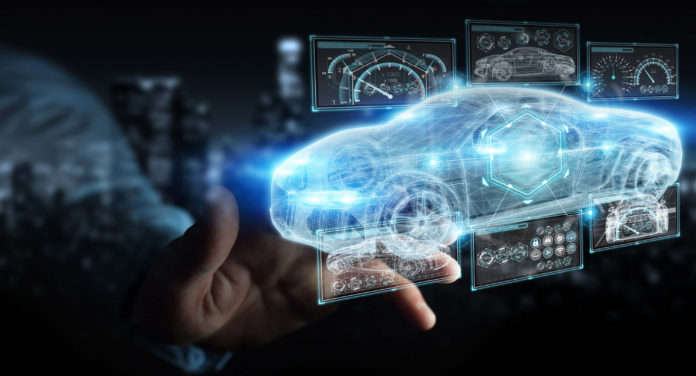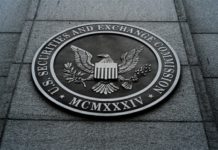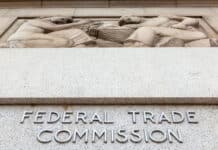
Pinar Cebi Wilber
Chief economist for the American Council for Capital Formation
In recent months, the U.S. had been watching a curious case involving a dispute between two South Korean industrial giants right here in America and this month, as expected, the companies in question reached a deal.
Despite the resolution, it is important to do a postmortem analysis to showcase why and how the U.S. government was involved and the implications for the companies and countries around the world.
Electric vehicles and related technology components, such as batteries, are gaining ground in the world as the focus on climate change grows.
The stakes in the U.S. have increased as President Joe Biden has taken the helm of the economy with a bold green energy agenda, setting an ambitious goal of net zero emissions no later than 2050. The fight over intellectual property rights between these two companies could have spelled trouble for these ambitions.
First, the issue: The transportation sector accounts for approximately one-third of emissions, and EVs represent a key component of the action plan. The administration’s aim to replace the entire federal fleet, 645,000 vehicles, “with clean electric vehicles made right here in America, by American workers,” is a testament to the White House’s commitment. Adding in the private fleet requires a significant investment in the U.S. and the mobilization of the worldwide auto supply chain.
Second, the problem: One intricate part of this equation is the battery technology and infrastructure required. Federal agencies are funding a significant amount of research to develop this battery technology domestically, but many U.S. companies still rely on foreign battery companies to fulfill their production needs.
However, the two big South Korean battery companies, LG Chem and SK Innovation, had been locked in a legal battle in front of the U.S. International Trade Commission since April 2019. LG accused SK of stealing its trade secrets by poaching employees and destroying relevant documents.
The rift between the companies has a longer history, dating back to 2014. SK recently countersued LG in South Korea, claiming that the companies signed an agreement in 2014 not to sue each other over the battery separator patent. The courts, however, rejected SK’s case, giving the green light for LG’s legal action in the U.S.
Both companies carry significant weight in the U.S. and global market. LG Chem is the No. 1 lithium ion battery producer in the world. SK also has significantly ramped up its production, increasing its footprint in the field. LG has a plant in Michigan that supplies batteries to General Motors and Tesla, and SK broke ground last year on a plant in Georgia, with plans to provide batteries to Ford Motor Co. and Volkswagen.
It is no surprise that the auto industry was nervously watching the tussle between the battery makers.
Third, how the U.S. proceeded: In February 2020, the International Trade Commission released its preliminary ruling that sided with LG, with a deadline of Oct. 5, 2020, for the final ruling. But the ruling was delayed three times without giving a reason. The final ruling was released on Feb. 10, 2021. Again, the trade commission found in favor of LG.
The final report, released publicly on March 4, shows how the International Trade Commission reached the decision as well as the level of sanction.
The sanctions include SK being prohibited from importing batteries and other components needed to support U.S. factory production for a period of 10 years, which spelled trouble for the planned Georgia plant.
This decision was not yet final, as there was a 60-day review period during which the White House could overrule it.
Both companies were frantically doing their best to present their side of the story either to change course or keep the ruling in place.
If the Biden administration changed the ruling, this could have hurt the U.S. image as a champion of intellectual property rights protection. In an ideal world, the two companies should have resolved any questions surrounding such rights in their home country, but that did not happen.
In this case, the U.S. needed to take a strong stance and show its support for protecting these rights as this case could set a precedent for other cases, especially in a world with intertwined supply chains. This is especially important if the administration plans to face global intellectual property rights violators, mainly China, in the world arena.
However, if the administration upheld the ruling, SK claimed that there could be issues with EV supply chains that resulted in less competition in the U.S. battery market.
LG, on the other hand, claimed that it could expand production to take over SK customers.
No doubt, having more suppliers with diversified resources available for domestic production is better for the U.S. electric vehicle industry. But this should be preferable based on distinct technologies that differentiate the products and fair price competition.
The agreement struck between the two companies is really the best outcome for the U.S. government: SK agreed to pay $1.8 billion in cash and royalties to LG in the settlement, and both companies agreed to not sue each other for the next 10 years.
The strong stance of the U.S. government and the deal reached between the companies showcase to the world that the U.S. will stand by the rule of law when it comes to intellectual property rights protection and it will do this without sacrificing the U.S. economy, as the Georgia plant can move forward and create much-needed jobs and economic activity for the region. It will also make intellectual property rights violators think twice if they intend to operate in the U.S. markets.






